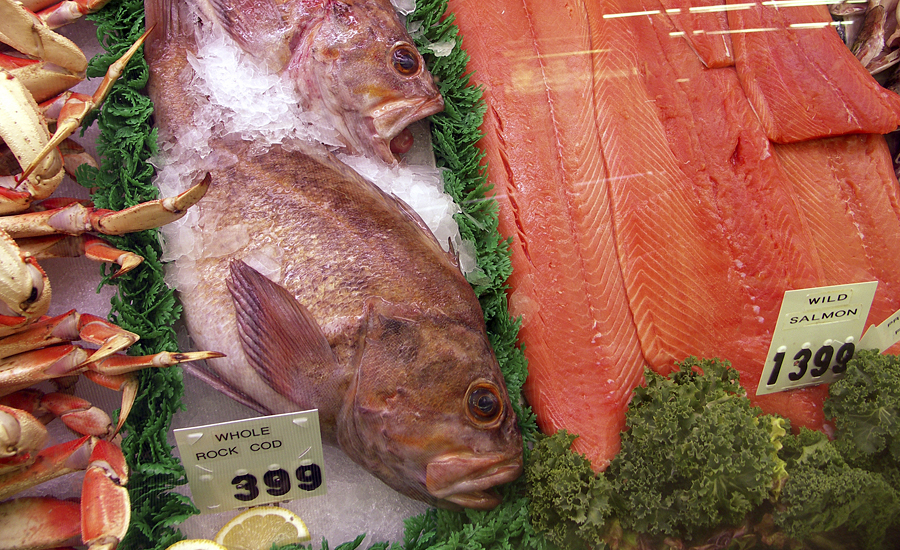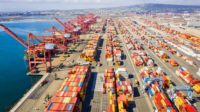New industry-led alliance to clean up tuna supply chains
All companies in the Global Tuna Alliance are expected to source tuna from fisheries certified by the Global Seafood Sustainability Initiative’s recognized sustainability standards.

A coalition of companies from across global tuna supply chains aims to stop illegally caught tuna getting to market, and seeks to boost environmental sustainability and respect for human rights in tuna fisheries around the world.
The newly established Global Tuna Alliance builds on the Tuna 2020 Traceability Declaration, signed by 66 companies, ranging from major retailers to seafood processors in key markets around the world, and supported by six national governments and 21 civil society organizations.
All companies in the Global Tuna Alliance are expected to source tuna from fisheries certified by the Global Seafood Sustainability Initiative’s recognized sustainability standards or comprehensive Fishery Improvement Projects. They are also called to engage with regional fisheries management organizations to push countries to endorse policies underpinning sustainability and respect for universal human rights.
The initiative is convened by Friends of Ocean Action, a public-private partnership led by the World Economic Forum, Switzerland, and World Resources Institute, Washington, D.C., involving a group of more than 50 global leaders across a range of sectors.
“We need the ocean as much as the ocean needs us. Groups like the Global Tuna Alliance offer an exciting opportunity for collaboration across public, private and civil society sector partners to bring about positive change, making important common property resources like tuna fisheries more sustainable, socially responsible, productive and profitable. Everybody wins,” says Dominic Waughray, managing director and head of the Centre for Global Public Goods at the World Economic Forum.
The Global Tuna Alliance will focus on ensuring effective traceability, including tracking tuna products from vessel to final buyer. Companies must track key data elements throughout their supply chains and adopt specific policies for import controls to ensure greater clarity in tracing fish. This includes stringent policies to expose and eliminate any forced labor and human rights abuses throughout tuna supply chains.
“The Global Tuna Alliance commitments can bring about lasting positive change for both people and nature across the tuna sector – from bait to plate,” says Peter Thomson, the UN Secretary-General’s Special Envoy for the Ocean and co-chair of Friends of Ocean Action.
“Tuna fisheries are the most valuable fisheries in the world. They support communities and livelihoods, as well as providing healthy protein to global markets. Despite this, the sector is struggling with poor fisheries management and limited monitoring – yet, we have the knowledge and tools at our fingertips to make vast improvements. Now, we also have the commitments to make positive change happen across the sector. The Global Tuna Alliance will harness the economic leverage of the supply chain to see needed improvements realized,” says Tom Pickerell, executive director of the Global Tuna Alliance.
“The Global Tuna Alliance is unique in its ambition and will represent what we believe to be a new wave in how businesses need to engage in sustainability issues. We encourage other responsible businesses to sign up to the mission and work together to deliver global change,” says Cassie Leisk, head of sustainability at New England Seafood International, UK, and member of the Global Tuna Alliance Management Board.
Looking for a reprint of this article?
From high-res PDFs to custom plaques, order your copy today!






